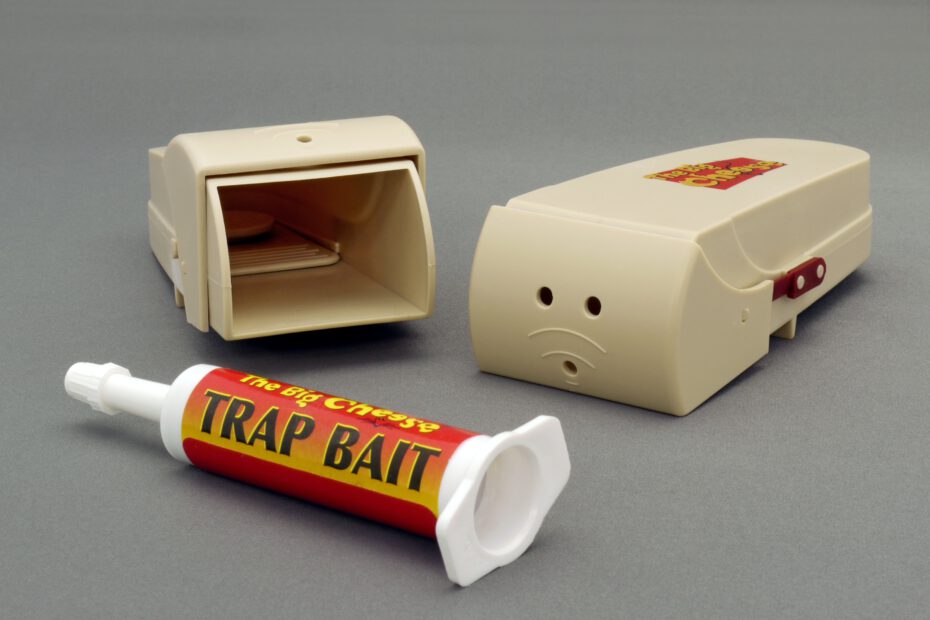This would also be a great name for a Trap playlist on Spotify, actually. Photo by Brett Jordan on Unsplash
Did you come here because the title of this article struck you as odd, or maybe even slightly offended you?
If yes, than you fell right into my trap, hah! (Also, Disclaimer time: I’m truly sorry if you’ve actually suffered a substantial financial or even human loss due to COVID-19. In no way do I intend to frame the pandemic as a positive occurrence; this is purely a discourse on drawing learnings from it.)
If not, thanks for clicking anyway!
So, let’s go!
COVID-19 has brought us all into situations of shortage — some arguably more dire than others, but keeping to the Product space: with hiring freezes, childcare during remote working and delayed launches, every Product organization has faced challenges during the last couple of months.
Already bored? Here are your TL;DR Key Takeaways, as per usual:
- Embrace the uncertainty. Uncertainty has always been a part of what we do, but this year it’s taken a much more fundamental form. Arguably, up to now, being agile has been somewhat of a vanity — this is now turning into a necessity.
- Learn to do stuff remotely — like, really. So you can run a video call — cool beans, but bear in mind that this is the new normal. Learn working with tools like Miro, Mural etc.
- Work with what you’ve got — it might not be a lot right now, depending on your situation, but now’s the perfect time to try to hack & improve your established structures.
Still here? Moving on:
COVID-19
…is not what we’ll be elaborating on in this piece. A lot of people have published extensive resources about it, and chances are that you’re way fed up with hearing about it on a daily basis anyway. At this time of writing, it’s safe to assume that there’s a certain consensus of knowledge about the COVID-19 pandemic & crisis.

Dealing with Uncertainty
Product managers usually have a complicated relationship with uncertainty — most claim to accept and embrace it, but secretly, they like a good plan running smoothly.
Obviously, COVID-19 wouldn’t let us have any of that — I’d say that probably just about every pre-March 2020 roadmap and strategy on the globe was more or less tossed out in the subsequent weeks.

Then, it got a bit better in the summer — at least in Europe.
Then the mood got worse again — recession, delays with the vaccine, political quarrels.
Then acceptance kicked in again — until winter came around & the numbers got way worse again.
Lots of people lost jobs, then found new ones shortly after — just to lose them again (like I did).
So how do you deal with needing to constantly stay vigilant? How do you execute with everything changing every few weeks or so?
I’m going to be the heretic here and say that if your plan was predicated on everything running smoothly well into the foreseeable future, it wasn’t a good plan to start with.
Try to cut down increments even more.
Build more “circuit breakers” into your strategy.
Negotiate tougher with your stakeholders regarding what’s mandatory and what’s optional.
Focus on generating learnings as quickly as possible.
Or, more simply put — do your best to be truly agile in your work.
If you’re in heavy fog, don’t waste too much time looking at a map and focus on diligently setting one foot in front of the other instead to reach your goal.

Going Remote
Also, this topic has been covered extensively. As product managers, this has meant a strong shift — usually required to be on-site pre-pandemic (also as freelancers, with only very established people being able to negotiate remote work reliably in contracts), COVID-19 has sent us all on the biggest remote work experiment in history so far.
Personally, I’ve been highly enthusiastic about remote work far ahead of the pandemic, mostly because of the enticement of location autonomy and the strong ties to progressive and trailblazing organizational paradigms (asynchronous collaboration, distributed workforce, workforce equality, replacing traditional organizational hierarchy — all these things usually happened in radically progressive organizations, and remote work would usually be one of them).
When none of us really had a choice anymore, I came to also see the challenges of working remotely.
In a nutshell, these are my takeaways from that time so far:
- Going to the office once in a while isn’t that bad, actually.
- However, most Product Management work can be done well (or even better) from outside an office.
- Also, being able to focus on work and not having to deal with a commute, lunch plans and annoying open plan spaces feels like it increases productivity and lowers the strain on mental well-being at the same time.
- But — it is nice to see team members IRL on occasion.
- And — without the ability to command a room, you need to learn to leverage tools to excel at your job (pun definitely not intended).
If you haven’t already, go out & trawl for how to use tools like Miro, Mural, Productboard or Harvestr.
Really learn how to sound & look good on video conferencing.
If you had tried & tested in-person rituals for your teams & ceremonies, get creative about bringing them online — a good example would be a standup thread in Slack to replace an on-site standup.
Really get into it — post-pandemic, remote work might scale down again slightly, but it’s here to stay.
Delayed Launches, Decimated Staff, Canceled Projects
As has become common knowledge — especially in the wake of multiple car manufacturers being exposed for doing emissions testing in very…”controlled environments” — , it’s comparably easy to perform well when all circumstances are optimal.
If you have a great cross-functional team of talented engineers that execute on an immaculate business strategy — well, then that’s probably a pretty chill gig, but it’s playing Product Management in Easy mode. But what if someone sets the difficulty to Hard?

My mom would always say “when the going gets tough, the tough get going” — and COVID has brought forth lots of tough circumstances.
Again — no disrespect intended for the people that have suffered serious COVID-related hardships, but within certain bounds, the pandemic has put smoothly running setups to the test in a way that offers opportunities for professional growth.
Maybe your project got derailed, because the company went into emergency mode and shifted resources to critical topics — and you probably had to shelve one plan properly while crafting a new one at the same time. Stressful — but also a valuable challenge.
Or you had a part of your team getting laid off — and the company has imposed a hiring freeze until further notice. Now you need to adjust your goals — and how do you do that while trying to salvage as many of them as possible with what you have left? Imagine going full Product McGyver — maybe you’ll spark some game-changing idea!

And if your project got cancelled entirely — which can either forcibly re-assign you to something else, or put you out of work altogether, maybe there is positive potential for change to be found in this.
This sounds a little “motivational-speech-y” to me.
Fair point, but let me tell you why you might need to hear it:
I lost 3 projects to COVID-related reasons in 2020.
I’m convinced that I was able to turn every loss into a greater gain, primarily spurred by believing that I could. I know that’s not enough, the opportunities need to exist, for which I had laid extensive groundwork— but it starts with believing that they do.
Also — with “gains”, I don’t exclusively mean financial ones; this especially includes growing as an expert and a professional (which might very well also translate into financial gains eventually).
In addition to my own experience, I’ve had a handful of contacts reach out with their own experiences of loss around the pandemic.
Some lost their projects/jobs.
Some were unhappily out of work, some used the time to deflate or upskill.
Some even decided to change jobs mid-pandemic despite not having to.
And: the better they were prepared for eventualities, the better they were at dealing with their hand dealt.
Does this mean I should aspire to sleep with one eye open?!

Nah.
But look at it this way: creating your own sense of security and stability is ultimately more rewarding than relying on environmentals, like the current economic situation or labor legislation.
As a freelancer or business owner, you’re constantly taking a bet on both — so it would behoove you to account for covering losses ahead of everything.
As a product manager, you’re a solutions person by design — so it’s better to stay a bit ahead of the curve by having ideas about how to react to eventualities.
Quintessentially, what would you do if you lost your contract/job tomorrow? If you don’t have a good answer, find one that satisfies you.
So, how about it?
What’s your experience with the pandemic? In what way did it affect you? Do you feel like the experience bettered you professionally or not? We’d love to hear from you, please leave us a comment below!👇
Interested in more stories around freelancing in Product Management? We publish regularly to our Freelance Product Manager publication & would appreciate a follow! 👆
And as always,
Thanks so much for reading!
We acknowledge that with the 8 minutes, you could’ve literally done anything else, and we’re very honored that you decided to dedicate them to our piece! ❤️

